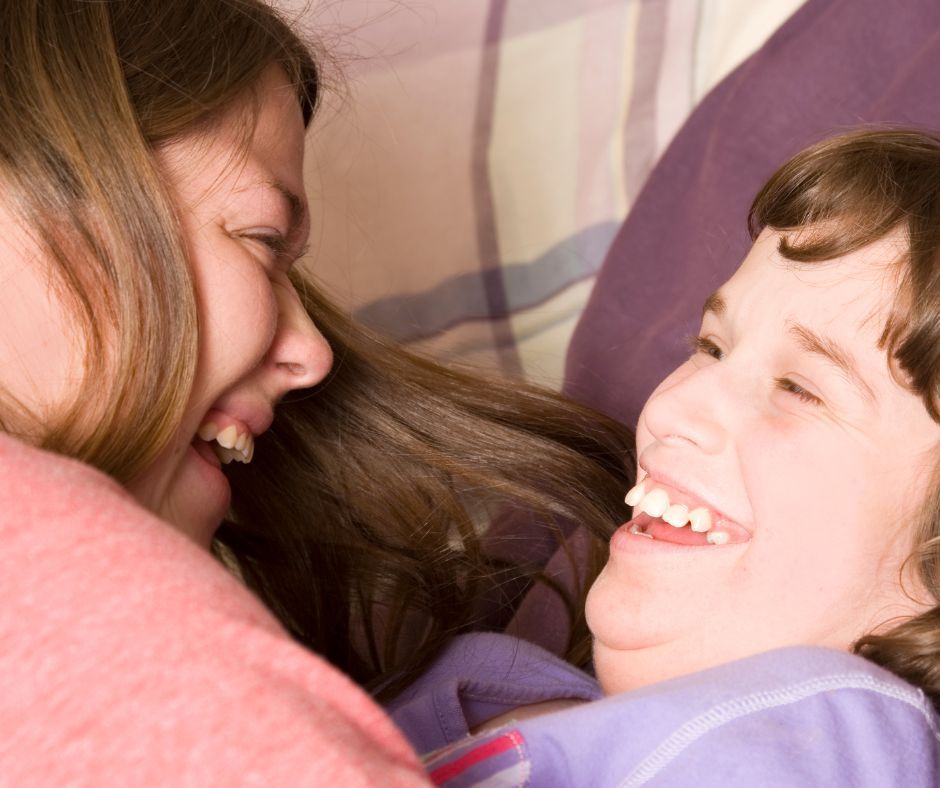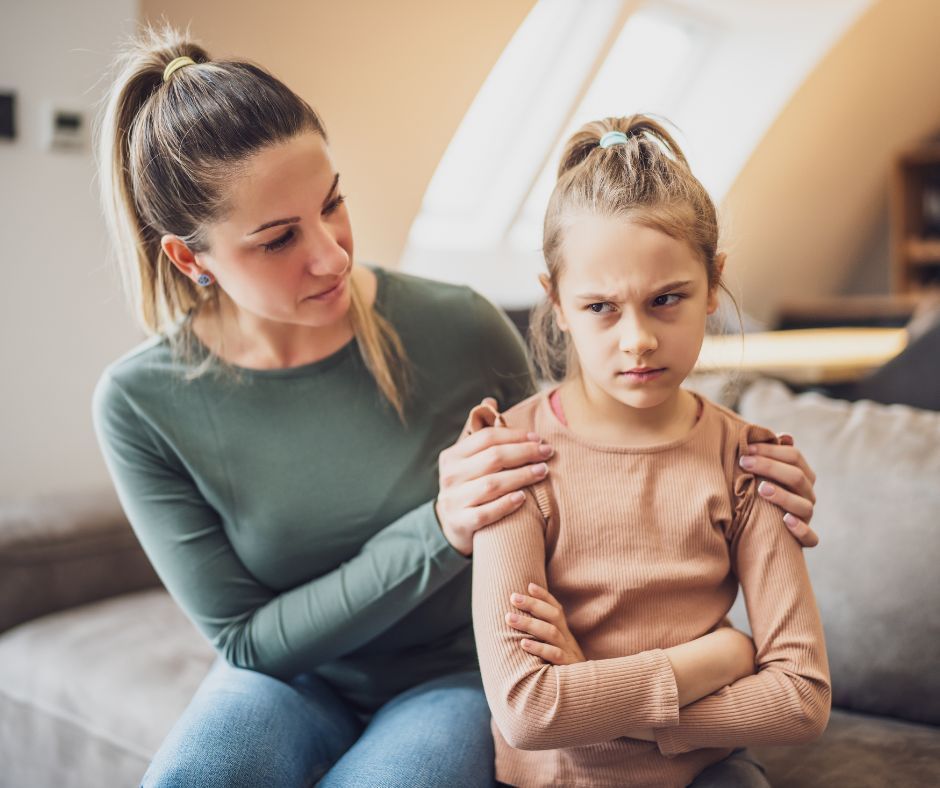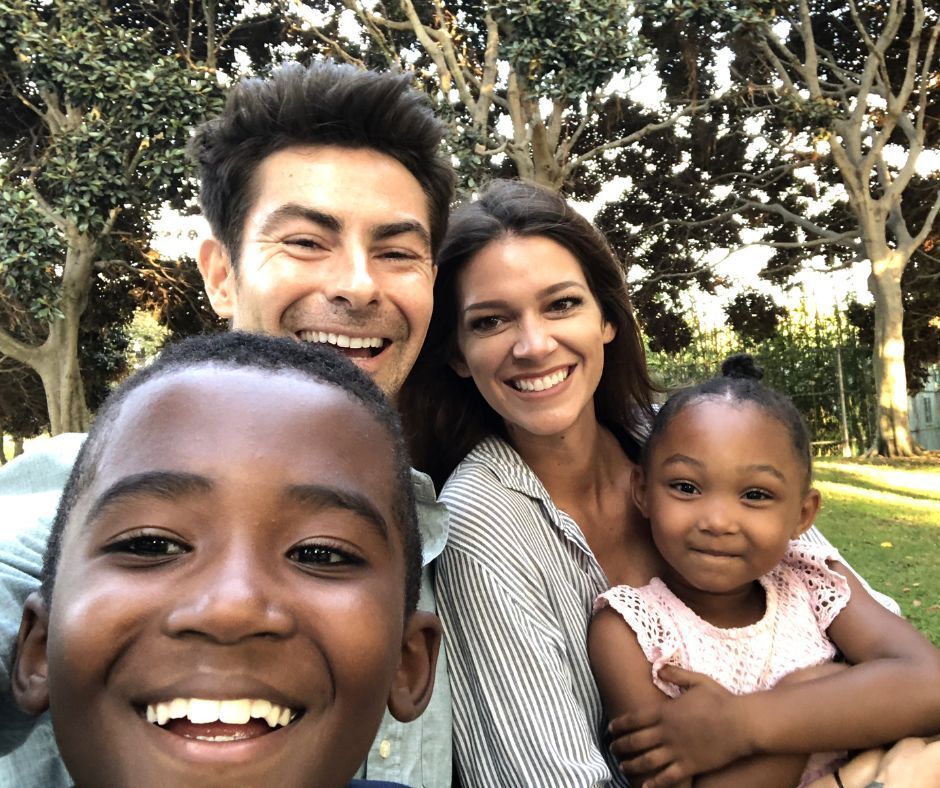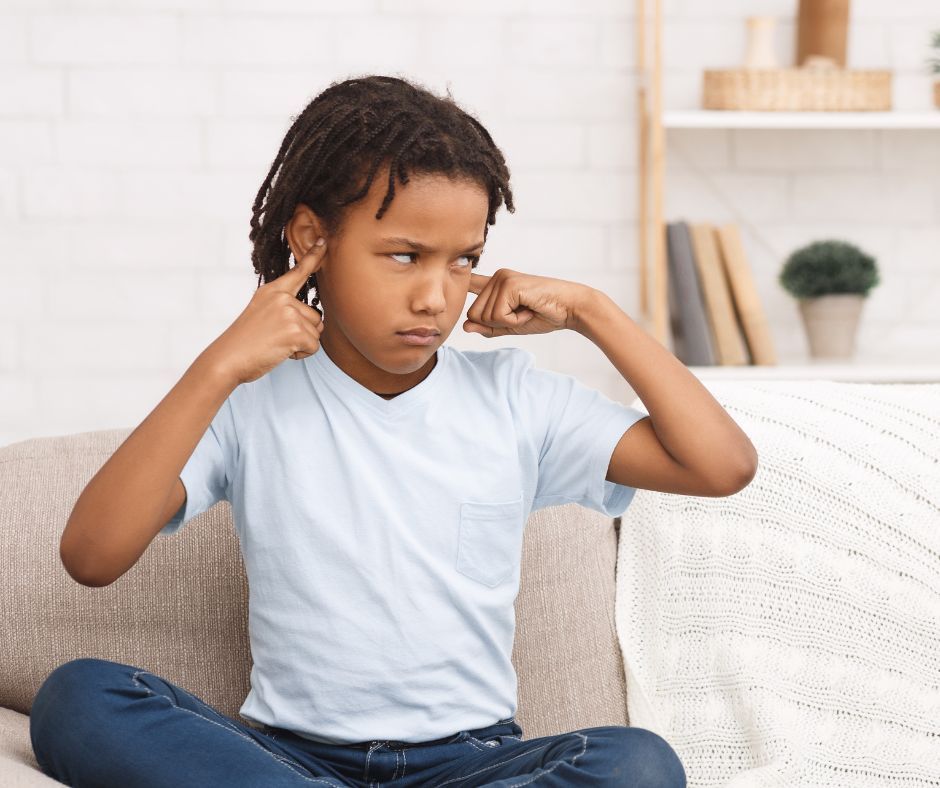Navigating abusive behavior from an adult child can feel like one of the most emotionally devastating and confusing experiences a parent can endure. Consider this: a 22 year old son is still living at home. He doesn’t allow his parents to require anything of him. If they do, he curses at them or breaks something. He is only pleasant when the food he wants is in the fridge and nothing is asked of him. He takes what he wants without permission and at times even pawns his parents things for cash. No one in the family feels emotionally or physically safe anymore. This son brings around dangerous people and often makes them very angry, bringing scary drama into the home. The parents love their son deeply and worry about cutting off contact, but the emotional toll is becoming unbearable. They feel stuck between protecting themselves and trying to stay connected.
Abuse from adult children can include emotional attacks, manipulation, destruction of property, theft, gaslighting, or physical aggression. Adults with a history of disorganized attachment are more prone to abusive patterns. Studies estimate that up to 40% of adopted children experience disorganized attachment, with even higher rates in those adopted at older ages. Disorganized attachment is also associated with higher incidences of personality disorders, which are complex to manage and difficult to treat, especially as they typically do not respond to medication.
Many parents feel shame or confusion around identifying their child's behavior as abuse. For years, they may minimize or justify it out of love and loyalty. Eventually, the accumulation of harm becomes undeniable. The question becomes: Do I continue to live like this, or is it time to set limits—even if doing so feels heartbreaking?
There are two healthy reasons to set boundaries:
1) protection and
2) connection. Intimacy can’t exist in a relationship where boundaries are consistently violated. Your well-being matters. One path forward is called "detached contact."





